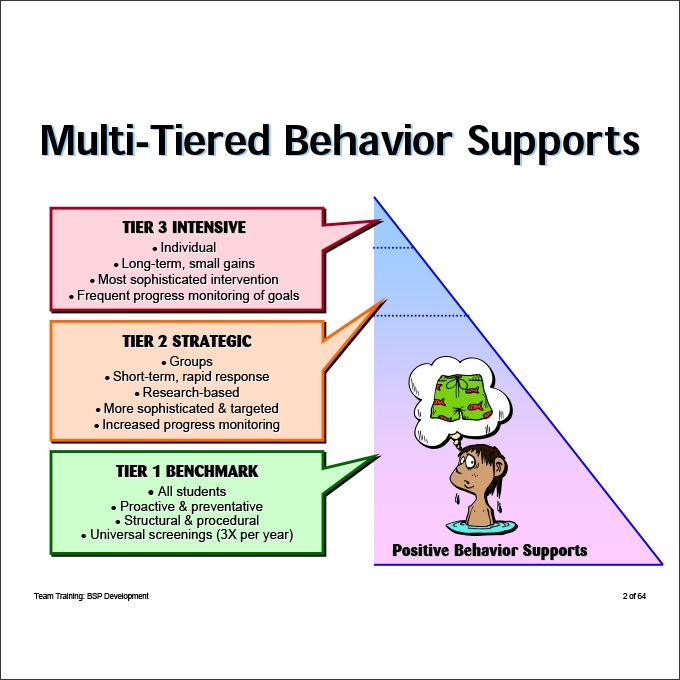Creating a behavior support plan is essential for individuals who exhibit challenging behaviors. By implementing a structured plan, caregivers and support staff can effectively address and manage these behaviors in a proactive manner. A behavior support plan template serves as a roadmap for developing strategies that promote positive behavior and reduce the occurrence of challenging behaviors.
A behavior support plan template typically includes the following components:
- Assessment: This section outlines the specific behaviors that need to be addressed and identifies the triggers or antecedents that contribute to these behaviors.
- Goals: Clear and measurable goals are established to monitor progress and evaluate the effectiveness of the interventions.
- Interventions: Strategies and techniques are outlined to address the challenging behaviors, such as positive reinforcement, redirection, or de-escalation techniques.
- Supports: The resources and support systems needed to implement the behavior support plan are identified, including training for staff members and communication strategies.
- Monitoring and Evaluation: Regularly tracking progress and evaluating the effectiveness of the interventions are crucial for making adjustments as needed.
It is important to customize the behavior support plan template to meet the individual needs of the person receiving support. Collaboration with the individual, family members, and support team is essential for creating a comprehensive and effective plan.
By following a behavior support plan template, caregivers and support staff can establish a structured approach to addressing challenging behaviors and promoting positive outcomes. Consistency, communication, and flexibility are key components of a successful behavior support plan implementation.
Overall, a behavior support plan template serves as a valuable tool for developing strategies to address challenging behaviors and improve the quality of life for individuals with disabilities. By utilizing a structured approach and incorporating evidence-based interventions, caregivers and support staff can create a supportive environment that fosters positive behavior and personal growth.
